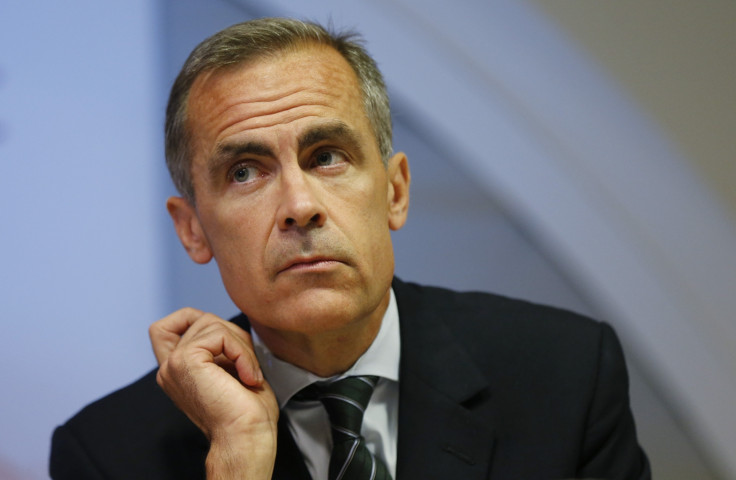Bank of England faces SFO grilling over liquidity auctions manipulation

The Bank of England (BoE) is caught up in an unprecedented criminal investigation over the potential rigging of its money-market auctions from around the time the financial crisis began to bite in late 2007 and 2008.
This is the first time the BoE's liquidity auctions, which enable commercial banks to access extra cash for lending, have been scrutinised by the Serious Fraud Office (SFO).
The SFO launched an investigation into money-market auctions held by the BoE during the financial crisis, after an independent inquiry led by the BoE was referred to it.
The BoE commissioned its own inquiry last year, before referring information relevant to the auctions to the SFO in November.
It is unclear whether the fresh SFO probe focuses on the behaviour of external traders or BoE officials, or both.
The BoE's oversight committee instructed Lord Grabiner QC last year to investigate whether any senior staff at the Bank knew of, or even participated in liquidity auction rigging in late 2007 and 2008, the Financial Times reported last year.
Lord Grabiner, who led an inquiry into allegations the BoE turned a blind eye to the manipulation to traders rigging the £3.5tn a day foreign exchange market, known as 'forex' markets, between 2005 and 2013, said his findings were handed over to the SFO at the end of 2014.
The SFO confirmed it was "investigating material referred to it by the Bank of England concerning liquidity auctions during the financial crisis in 2007 and 2008."
FX market probe
The BoE is facing intensified scrutiny over its governance, in particular over the rigour of an internal investigation into its involvement in the forex rigging scandal.
Giving evidence to the Treasury Select Committee this week, BoE Governor Mark Carney revealed to MPs that the Bank's market intelligence staff had discovered 50 instances of potential possible market manipulation to their superiors.
Of these 42 have been passed on to the Financial Conduct Authority.
During his testimony, Carney also cleared up the mystery surrounding the dismissal of the BoE's chief foreign currency dealer last November.
He told the panel Martin Mallett had made at least 20 "misjudgements" which "could have brought the Bank's public reputation into disrepute", including sharing confidential information with City workers and sending "inappropriate" emails.
While one MP on the committee described the inquiry as "seriously incomplete", the investigation concluded that Mallett had made an "error of judgement" by not telling superiors about concerns from traders that banks might have colluded in the foreign exchange markets.
Jesse Norman, MP for Hereford and South Herefordshire, who sits on the committee, wrote on his blog that, "The Bank of England adopted and set in its terms of reference very low tests for its inquiry into the foreign exchange fixing scandal."
© Copyright IBTimes 2024. All rights reserved.






